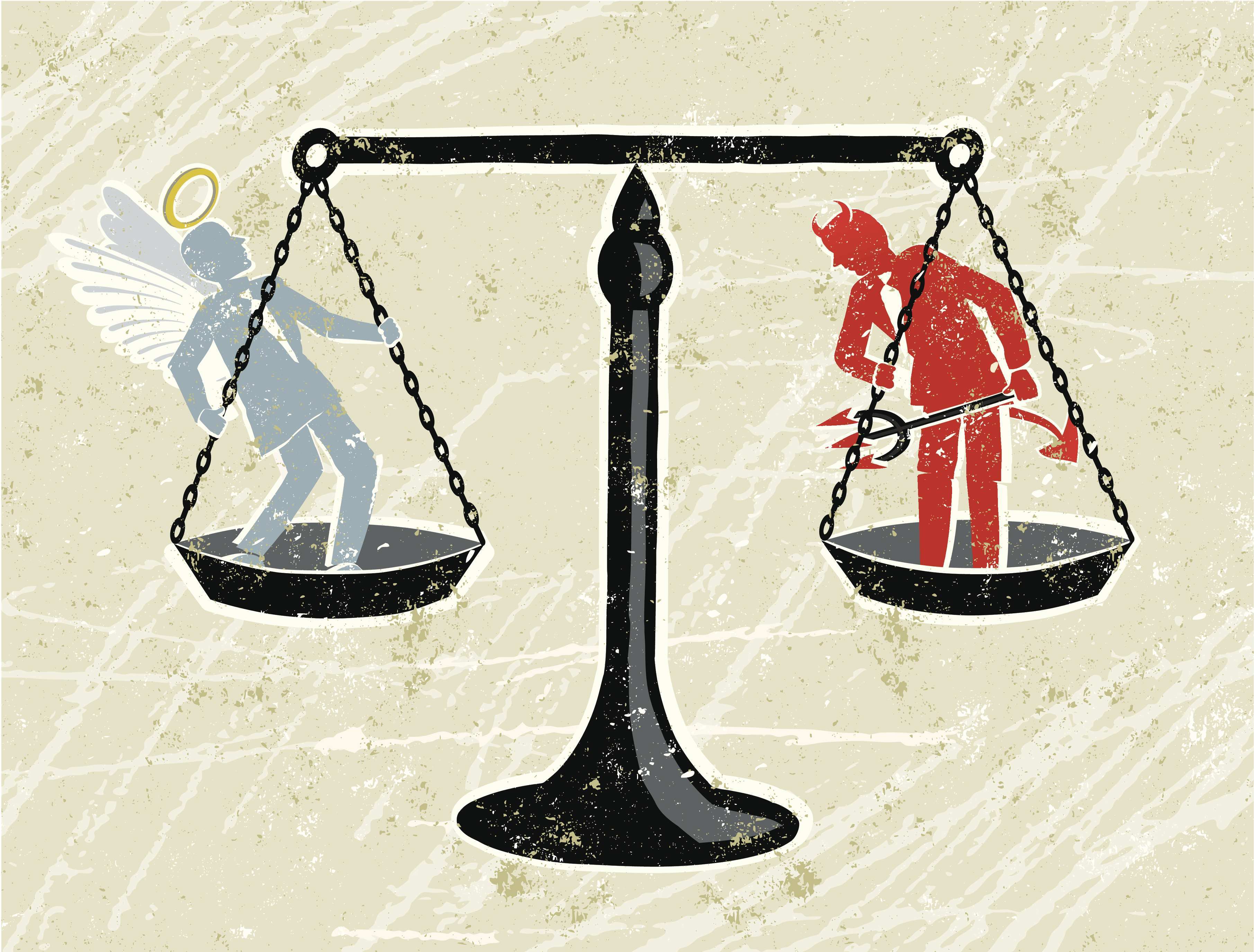The fundamental problem with the young adult novel Unwind, now being studied in a classroom near you, is found in this passage:
“In a perfect world mothers would all want their babies, and strangers would open up their homes to the unloved. In a perfect world everything would be either black or white, right or wrong, and everyone would know the difference. But this isn’t a perfect world. The problem is people who think it is.”
On the face of it, this makes no sense. Who thinks it is a perfect world? Not the left, who are always on about social injustice. Not the religious right, who say the world is fallen.
What seems to be meant is that the problem is people who think things are either black or white, right or wrong. People who believe in morality; who would condemn a mother for not loving her baby, or people for not helping a stranger in need, as if they could know these things are wrong.
In other words, this is a rejection of the idea of morality itself. Right and wrong are only matters of personal preference, whim.
This is the dogma of the modern classroom. I got it drilled into me myself long ago in grad school, even back in the Seventies. One must never be “judgmental.” That was automatically wrong. One must never assert anything as true. That was arrogant.
It took me decades to unlearn this; perhaps I am still tainted by it.
The book, lacking self-awareness, contradicts itself only a few pages later. Lev, a deeply religious kid who believes being killed for his organs is a good thing, because this is what he has been taught, has been kidnapped by Connor and Risa, wanting to save his life.
So he escapes and reports to the nearest authority, the school administration.
“From here in the nurse’s office, Lev has no way of knowing if they’ve captured Connor and Risa. He hopes that, if they have, they don’t bring them here. The thought of having to face them makes him feel ashamed. Doing the right thing shouldn’t make you ashamed.”
In other words, despite his indoctrination by his family, his pastor, his religion, the government, and the educational system, Lev knows innately that Connor and Risa are in the right, and he is in the wrong.
Everyone does know the difference between right and wrong. Conscience will out. Such things are not socially determined.
When I dispute the initial claim, that nobody really knows what is right or wrong, I get a great deal of resistance from students. Particularly because the context seems to be abortion. They have been well indoctrinated already; they simply will not say that abortion is ever in any way wrong. They will not even agree that it is a necessary evil. No, you can’t say anything is evil.
Then I ask “is war wrong?” And they immediately agree, seemingly without having to stop to consider. They have always been taught this too: that war is wrong in all circumstances. Despite the logical inconsistency. They had apparently never noticed it before. Some students realize the contradiction at this point, some seem not to.
Then I point out the passage featuring Lev’s thoughts on turning in Connor and Risa.
Here they always, so far, fall silent.
Poor kids.













No comments:
Post a Comment